Smart Key: International sustainability labels to know The - Première Vision New York - Première Vision Paris - Denim Première Vision
While it’s gratifying to witness the steady growth of ethical fashions – in other words fashion concerned by its environmental impact and the well-being of the workers in its value chain – it’s also growing increasingly difficult to tell the difference between a meaningful commitment and greenwashing. That’s why sustainability labels and certifications validated by independent third-party organizations are so important today. There are a number of them, each attesting to various commitments in terms of a textile, a product, a factory or even a brand.
Here are a few international environmental labels we believe are important to know.
What is a label?
A label is a protected, distinctive and collective trademark created by a public or semi-public body, an association or a professional organization. It is affixed to a product to guarantee its origin, specificities, level of quality or conformity to pre-established production standards, in order to distinguish it from competing products. It can be used by producers or brands that comply with the specifications drawn up by the body or agency holding the label.

Why obtain a sustainability label?
There are several advantages to obtaining a sustainability label: on the one hand, a label is a standardized and international communication tool that allows you to communicate your company’s commitments to consumers in a tangible way backed by third-party validation. On the other hand, the labeling process, generally updated every two years, is based on an audit that provides recommendations for best practices with a view to continuously improving production methods. To date, no entity is required to certify its materials, finished products, brand or factories. It is a voluntary process that depends on your desire to demonstrate your commitments, your budget and your activity sector.
Read also: Smart Key: Sustainability – Is quality the ultimate key to circularity?
Environmental labels to know
Please note: no label is exhaustive and criteria often intersect. This classification takes into account the leading environmental parameters.
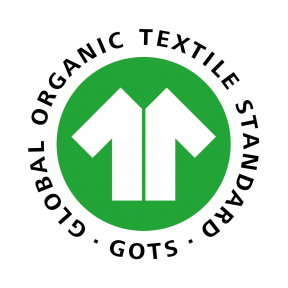
Global Organic Textile Standard (GOTS)
GOTS is a global standard for textile fibers from organic supply chains. It sets forth environmental requirements and social criteria, and is based on independent certification of the entire supply chain. The standard covers the processing, manufacturing, packaging, labeling, trading and distribution of all textiles containing a minimum of 70% certified organic natural fibers. Currently, this label has the most demanding specifications. Two main auditors – Ecocert and Control Union – deliver the certification.
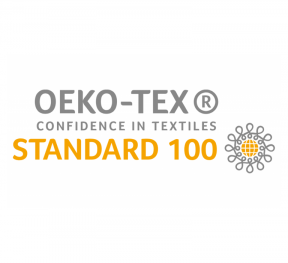
OEKO-TEX®
OEKO-TEX® is an international label that ensures the innocuousness of raw materials, processed textiles and finished products (clothing, accessories, household linens) for both people (workers and consumers) and the environment. Labeled articles are deemed free of harmful toxic substances. It was created by an independent German association, and is also called ‘Confiance Textile’ in France. There are seven different OEKO-TEX® certifications, which concern various sectors and levels of impact in the textile industry. The “Standard 100” label is the most common.
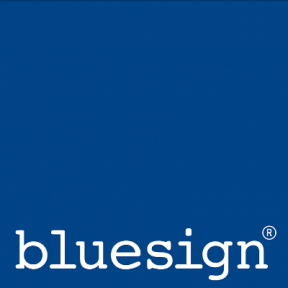
Bluesign
Bluesign is an international certification for textile manufacturers whose production process is considered safe for people and the environment. It takes into account environmental criteria, such as the reasoned management of water and the toxicity of dyes, and social criteria such as the safety of workers and consumers. Bluesign aims to connect everyone involved in the chain – chemical suppliers, textile manufacturers and brands – to promote a healthy, responsible and profitable textile industry.
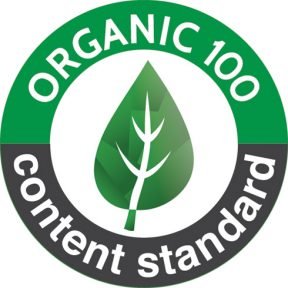
Organic Content Standard (OCS)
OCS is an international label initially developed to certify the organic nature of a cotton crop. It was later broadened to include other textiles. It guarantees strict traceability from the production of the raw material to the finished product and can be applied to any type of non-food product.
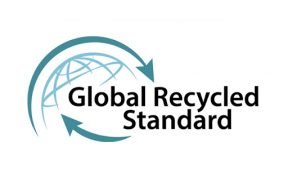
Global Recycle Standard
GRS is an international standard that assesses recycled content and restricts the chemical composition of a finished product, whilst also monitoring the social and environmental practices of the production chain involved in its transformation. GRS-labelled products contain a minimum of 50% recycled content.
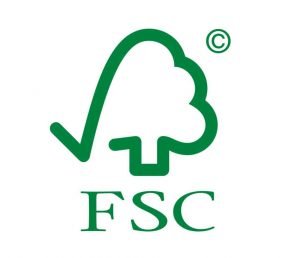
Forest Stewardship Council (FSC)
FSC is an international non-profit organization that certifies forests, supply chains, retailers and finished wood and wood pulp products (hardwoods, eucalyptus, bamboo, etc.). These trees are from sustainably managed forests. In fashion, this can apply to so-called cellulosic or regenerated materials (such as viscose, rayon, lyocell/Tencel, modal) or cardboard packaging. There are 3 types of FSC labels:
- FSC 100%, the material comes entirely from FSC-certified forests.
- FSC Recycled, the material comes from recycled materials originating from FSC forests.
- FSC Mix, the material comes from FSC-certified forests and recycled materials.
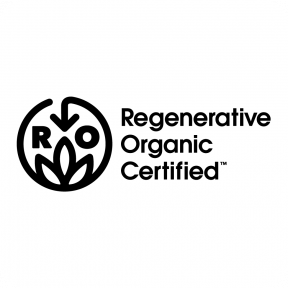
Regenerative Organic Certified (ROC)
The Regenerative Organic Certified (ROC) certification was created in 2017 by a consortium of business leaders and farmers, one of whose founding members is the Patagonia brand. ROC covers fibers from regenerative agriculture. It is the most demanding organic standard, ensuring soil rehabilitation, animal protection, the improvement of farm workers’ lives, fair working conditions and the opportunity to improve farm workers’ socio-economic status.
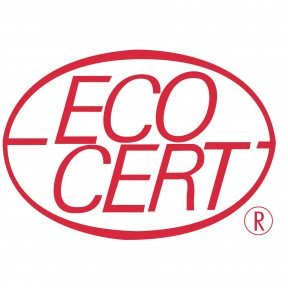
Ecocert
Ecocert is both an international certification and a certifying body for many labels (including GOTS, OCS, Ecocert Standard). The label covers textile raw materials, household products, cosmetics and certain food products.
Good to know : Do not hesitate to use the ‘company certificates‘ criteria available in the ‘Shop by’ column of the Première Vision marketplace to access the products concerned by these certificates!
Read also: 3 questions to Victoire Satto, co-founder of the Good Goods
Article realized in partnership with The Good Goods, the first French-speaking platform dedicated to eco-responsible fashion
